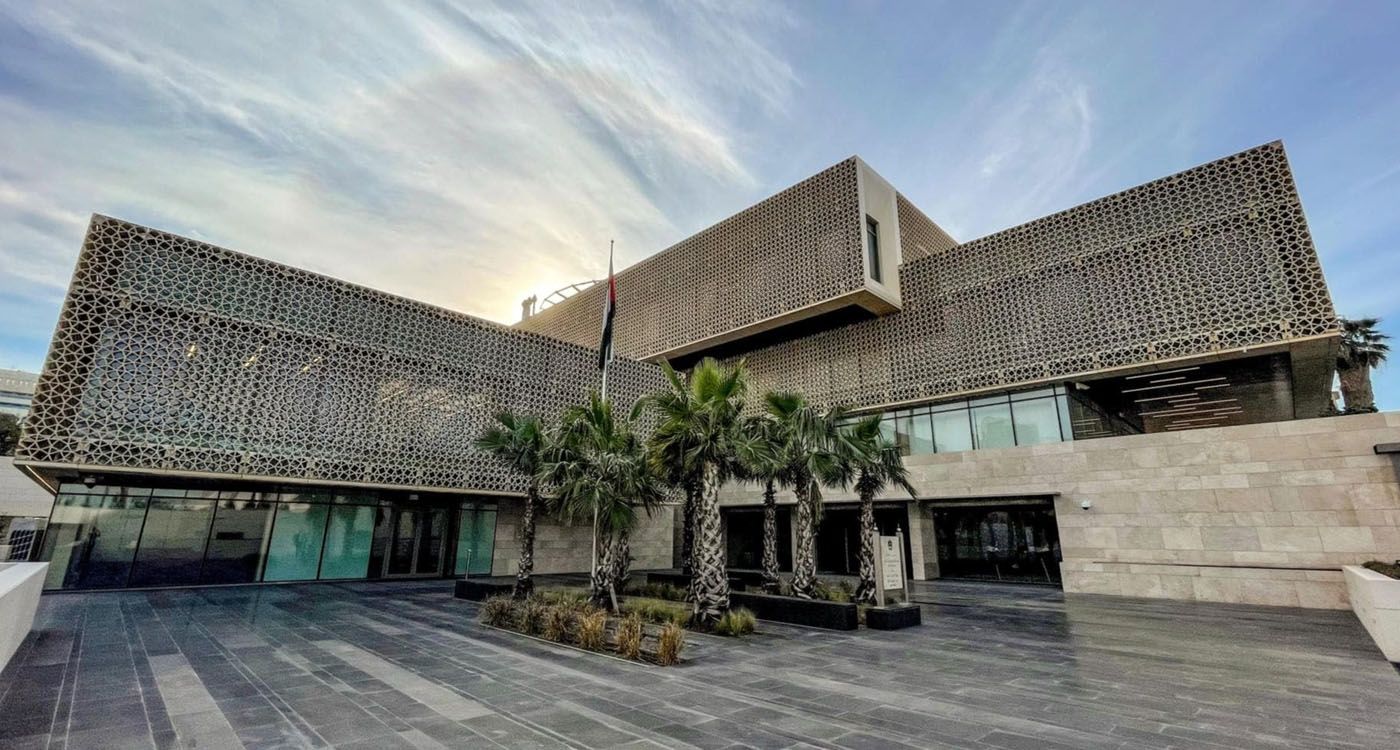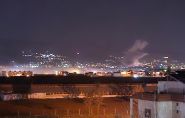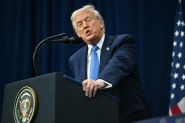
The reopening of the United Arab Emirates (UAE) Embassy in Beirut, following a two-year closure, marks a significant milestone in the diplomatic ties between the two nations. This symbolic and strategic move, welcomed by the Lebanese government, heralds a new phase of cooperation and dialogue. What led to this decision, and what are its implications for the Lebanese people and Lebanon’s regional standing?
In October 2021, the UAE, Saudi Arabia, Kuwait and Bahrain severed diplomatic ties with Lebanon and shut down their embassies after former Minister of Information Georges Cordahi criticized Saudi Arabia’s military role in Yemen, calling it unwarranted interference. The conflict, which began in 2014, saw a Saudi-led coalition backing Yemen’s government against Iranian-supported Houthi rebels.
Cordahi’s remarks, which led to his resignation from the government, had far-reaching consequences for Lebanese-Arab relations. This was further exacerbated by widespread Arab discontent over the growing influence of Hezbollah and Iran in Lebanon. As a result, in addition to the suspension of diplomatic ties, many Lebanese were effectively barred from entering the UAE, as strict visa restrictions were imposed.
Today, with the election of General Joseph Aoun as president after more than two years of political vacuum, the situation is positively evolving. Not only does the new president enjoy substantial regional and international support, but Lebanon’s regional reconciliation efforts, led by caretaker Prime Minister Najib Mikati, have also played a crucial role in easing tensions. Moreover, the UAE’s strategic need to bolster its diplomatic and economic presence, amid growing signs of relative stability in Lebanon, has driven Abu Dhabi to restore official ties with the country.
On the timing of restoring diplomatic relations, political analyst and Middle East expert Karim Sader notes, “Lebanon’s shifting political dynamics—marked by Hezbollah’s decline during the conflict with Israel, the near collapse of Iranian influence and the election of a new president—made the return of Gulf nations to Beirut inevitable.”
“Saudi Arabia and the UAE, which had previously distanced themselves from Lebanon, are now extending a hand to a nation undergoing significant reconstruction and political reconfiguration,” he notes.
On the other hand, Sader explains that “the fall of former Syrian President Bashar al-Assad’s regime accelerated these changes, dismantled Iran’s stronghold in the Middle East and paved the way for the rise of Qatar and Turkey, key backers of the Muslim Brotherhood, who now dominate the Syrian landscape.”
He specifies, “Faced with the growing influence of its rivals, Qatar and Turkey, and the risk of their authority spreading to Lebanon, the UAE abandoned its policy of disengagement and adopted a more proactive stance, following Saudi Arabia’s lead.”
Sader recalls Riyadh’s re-engagement, which included direct support for Army Commander Joseph Aoun’s presidential candidacy and a clear willingness to assist Lebanon in its reconstruction efforts. “Positioning itself in competition with Saudi Arabia, Abu Dhabi had no choice but to realign its strategy and reclaim its share of influence in Beirut,” he notes.
Another key factor in the restoration of diplomatic relations is the restructuring of Lebanon’s Sunni political landscape. “Historically fragmented by Hezbollah's dominance and the collapse of the Hariri political empire,” this fragmentation has exacerbated sectarian tensions, particularly between Sunnis and Maronite Christians, explains Sader. He adds that “regional Sunni actors are now eager to participate in this reconstitution.”
Thus, the reopening of the UAE Embassy reflects the Emirates' commitment to supporting Lebanon, which is in the midst of an economic crisis, re-engaging diplomatically and assisting in the necessary reforms for the nation's stabilization.
A Milestone in Diplomatic and Economic Relations
The Emirati diplomatic revival ushers in a new phase of cooperation across political, economic and cultural dimensions. For Lebanon, the UAE's return conveys a clear message: despite internal crises, Lebanon remains a vital partner for Gulf countries and has the potential to restore its regional standing, provided it undertakes significant reforms. What tangible measures can be taken to deepen and strengthen this cooperation?
Revitalizing bilateral relations starts with strengthening trade and economic exchanges, a top priority for both nations. The UAE is a crucial partner for Lebanon, particularly in sectors such as construction, tourism and technology. Experts anticipate that initiatives to promote investment in these areas will emerge in the coming months.
The embassy also seeks to enhance cultural and educational exchanges through initiatives such as student exchange programs, scholarships for Lebanese students and collaborations in the arts and culture sectors. These tangible efforts are not only designed to strengthen the bonds between the two nations, but to provide Lebanese youth with valuable opportunities to explore new academic and professional paths. Additionally, the embassy aims to support the expansion of Lebanese businesses into the UAE and foster partnerships in technology and innovation.
The Impact of the Reopening on Visa Issuance
A key concern for the Lebanese people is the impact of the embassy reopening on visa restrictions. Since the 2021 incident, visa issuance for Lebanese citizens has been severely limited. However, with the easing of relations, “we can expect some relaxation of these measures,” reassures Sader. UAE authorities may reconsider their immigration policies, particularly for students, skilled workers and Lebanese businessmen.
The reopening of the UAE Embassy in Lebanon is not just a diplomatic move, it represents a significant turning point in the relations between the two countries. It opens up new opportunities for economic, cultural and diplomatic collaboration and could play a pivotal role in Lebanon’s recovery after a prolonged crisis. For the Lebanese people, this gesture offers hope and symbolizes a renewed connection with the Arab world and a return to stability, both economically and diplomatically.




Comments